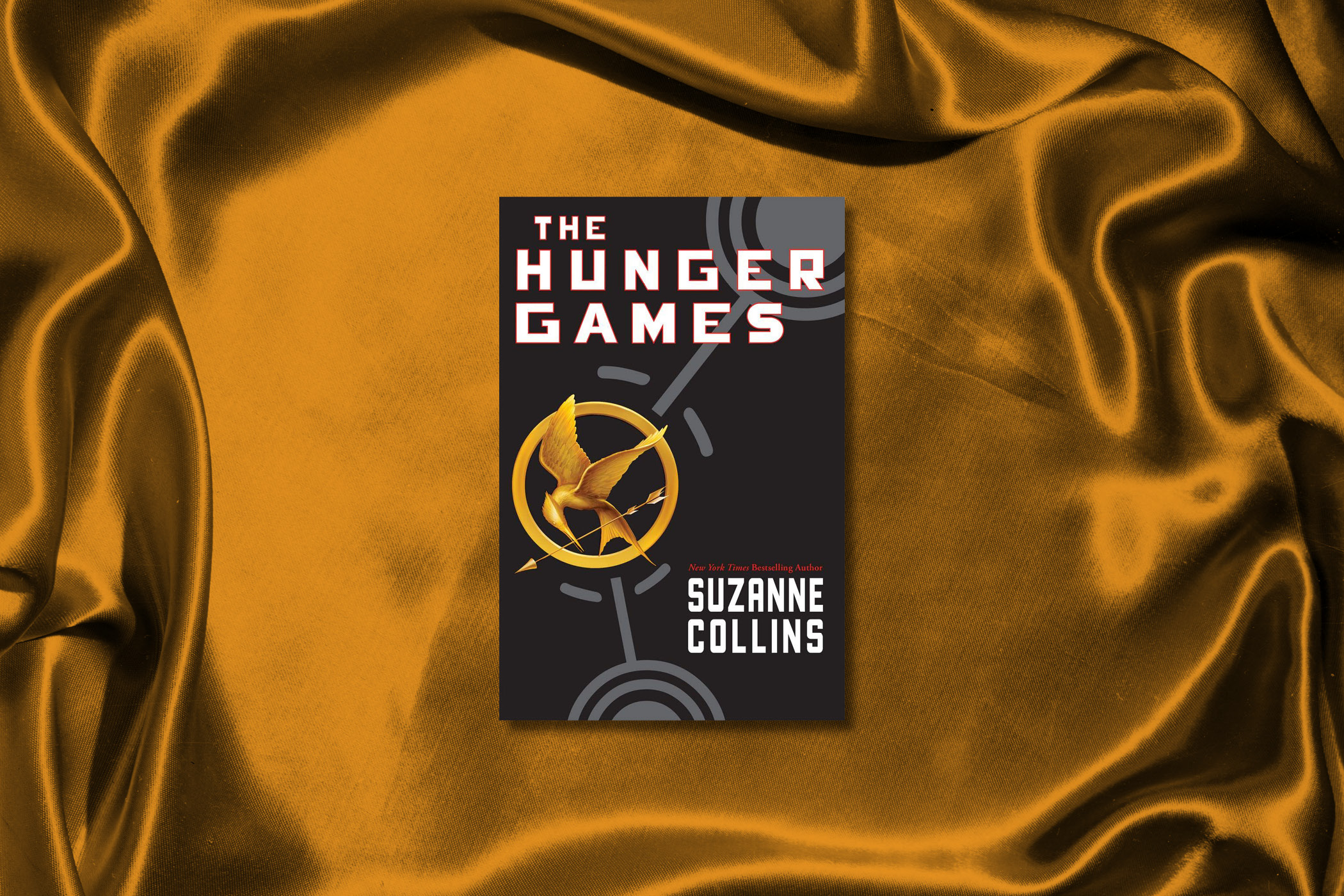The mid-2000s was a dark era for teen-girl lit. The Twilight Saga created a vogue for swoony, regressive, supernatural romance novels like Marked and Blue Bloods. Feminist parents and teachers breathed sighs of relief when, in 2008—the same year that Stephenie Meyer concluded her vampire tetralogy—Suzanne Collins introduced the world to Katniss Everdeen. An eagle-eyed archer with an equally keen moral compass, this heroine of The Hunger Games’ YA dystopia volunteers to take the place of her little sister in their society’s eponymous annual competition, which pits randomly selected teenagers against one another in a televised death match for the entertainment of a debauched ruling class. But the book, which Collins expanded into a trilogy that was soon adapted into big-screen blockbusters, wasn’t just a vehicle for a Strong Female Character (TM). Drawing on tales of youthful carnage from Lord of the Flies to Battle Royale, The Hunger Games and its sequels translated a surprisingly sophisticated critique of economic inequality, political power and violence as spectacle into terms young people could understand. As socially conscious Gen Z comes of age, the series may prove to have influenced them every bit as profoundly as Harry Potter did millennials. —Judy Berman
Buy Now: The Hunger Games on Bookshop | Amazon
- The 100 Most Influential People of 2024
- Coco Gauff Is Playing for Herself Now
- Scenes From Pro-Palestinian Encampments Across U.S. Universities
- 6 Compliments That Land Every Time
- If You're Dating Right Now, You're Brave: Column
- The AI That Could Heal a Divided Internet
- Fallout Is a Brilliant Model for the Future of Video Game Adaptations
- Want Weekly Recs on What to Watch, Read, and More? Sign Up for Worth Your Time
